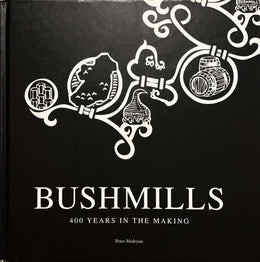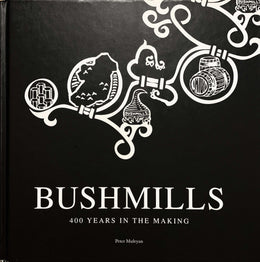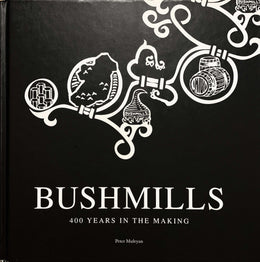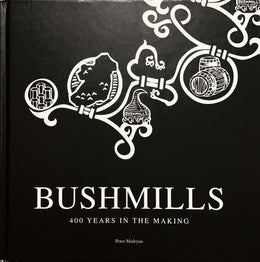Chapter 8: Buonaparte, The Laird, And The Volunteers; “Orkney Stories: A specially commissioned collection by Highland Park”
George Mackay Brown is Orkney's most celebrated living writer and his fame has spread far beyond Orkney and Scotland. Poet, folklorist, novelist shortlisted for the1994 Booker Prize, his works form a pathway through time and bring our past into the present in vivid imagery.This poem recreates the era of the Napoleonic Wars, when the Royal Navy was chronically short of seamen and had to employ the methods of the press-gang to keep its ships manned. Orkneymen, already capable boatmen, were specially prized, and the islanders became adept at making hiding-places in walls and peat-stacks for use when the press-gang approached. But it was not always easy to evade. The lairds chose which men should "volunteer", and employed, or compelled, local constables to round them up. The Admiralty paid the laird a bountyfor each able-bodied man supplied, but the price paid by the islanders was a heavy one.
I, Harry Cruickshank, laird in Hoy
Being by your lordships bidden
To supply from my lands in Rackwick, Hoy,
For His Majesty's ships-of-war
Seven hale hearty willing seamen
Upon payment of the agreed bounty, two guineas,
Did thereupon name
John Stewart at Greenhill, fisherman
James Stewart at Greenhill, crofter,
William Mowat at Bunertoon, fisherman,
Andrew Sinclair at Mucklehouse, fisherman,
Thomas Thomson at Crowsnest, fisherman,
James Robb at Scar, fisherman,
James Leask at Reumin, crofter and fisherman
All unmarried, save for Wm Mowat,
Who got wife and cow from Graemsay at the fall of the year
And James Robb, a widower—
The rest all young men in their strength.
I duly rode with officers to the valley
To give notice of impressment to the said men
But found them removed
And the old people dumb and cold as stones.
One said, they were gone fishing, very far out—
Faroe, Rockall, Sulisker.
Another, to the horse-market in Caithness.
Another, 'the trows were taen them aneath the hill'. . .

Upon the Sabbath following
I came to the kirk of Hoy secretly with four officers
Between the sermon and the last psalm.
We took John and James Stewart in the kirk door.
They were quiet enough after the minister spoke with them
(By this, they will be in Portsmouth).
It is certain, my lords, Robb and Thomson are in the caves.
Andrew Sinclair, fisherman, Mucklehouse
Listed in Hamnavoe for the Davis Straits
On the whaler Tavistock
(We found his mark and name in the agent's book).
And Mowat ferried himself to Graemsay
With wife and cow
And there hacked three fingers from his right hand
And stifled the ruin with tar.
As for Leask, he is broken with troll-music.
He lies day-long in the back of the bed,
Dark hollows about his skull.
The old woman says, 'in a decline, consumption.'
She stitches away at a shroud.
But like enough, the guns being silent
And Buonaparte down,
He will make his customary furrows along the hill.
A dozen old men are left in the valley.
Last week, your lordships,
I observed two women rowing to the lobsters. Ploughmen next April will have shrill voices.
Written by George Mackay Brown
The text is an excerpt from "Orkney Stories: A specially commissioned collection by Highland Park" (pp. 45 - 46), published 1995 by Matthew Gloag & Son Limited under the commission of Highland Park Single Malt Scotch Whisky.







